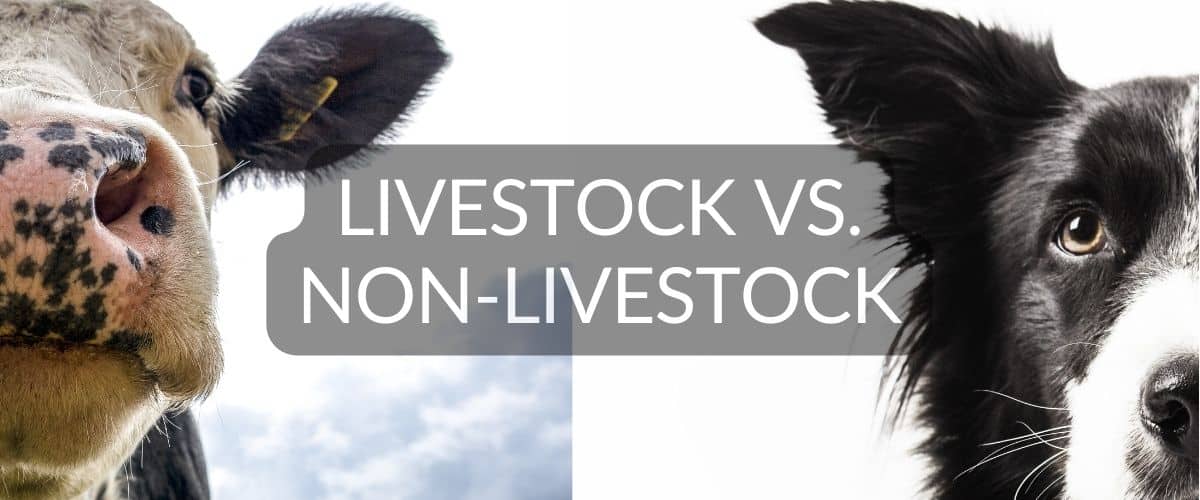Animal Cruelty in Texas Explained
Animal cruelty in Texas is defined under the Texas Penal Code Chapter 42, Sections 42.09 and 42.092, and includes acts such as torturing, neglecting, or abandoning animals. In Texas, animal cruelty can be charged as a Class A misdemeanor or a state jail felony, depending on the nature of the alleged offense.
Why are animal cruelty cases prosecuted aggressively?
People feel very strongly about animals in Texas and it’s not uncommon for cases alleging cruelty to animals to garner intense public attention. This type of attention can negatively impact you personally and professionally for years to come. That’s why it’s imperative if you are facing charges of animal abuse to contact an experienced defense attorney skilled in public relations as soon as possible. Animal cruelty cases are highly emotional and often make headlines.
Our animal cruelty attorneys are experienced at handling these cases. We will carefully evaluate the facts and circumstances and build a solid defense to protect your rights and your reputation.
What Constitutes Animal Cruelty in Texas?
Animal cruelty in Texas includes the acts of torturing, abandoning, failing to provide for, or transporting an animal in an unsafe manner. Animal cruelty is prohibited in two different sections of the penal code in Texas:
- Penal Code 42.09 prohibits cruelty to livestock animals. Livestock animals are those which are kept for the purposes of raising, selling or producing food.
- Penal Code 49.092 prohibits cruelty to non-livestock animals. Non-livestock animals are usually defined as those which are kept as pets.

What is Cruelty to Livestock Animals?
Penal Code 42.09 prohibits intentional or knowing abusive behavior towards livestock including:
- Torturing an animal (felony);
- Failing to provide a reasonable amount of food, water, care and shelter to an animal (misdemeanor);
- Abandoning an animal (misdemeanor);
- Transporting or confining an animal in an unreasonable or cruel way (misdemeanor);
- Poisons an animal without the owner’s consent (felony);
- Causing an animal to engage in a fight with another animal (felony);
- Using a live animal as a lure in a dog race (felony);
- Tripping a horse (felony);
- Seriously overworking the livestock animal (misdemeanor).
The offenses in bold are Class A misdemeanors. The offenses that are not in bold are state jail felonies.
What is Cruelty to a Non-livestock Animal?
Penal Code 42.092 prohibits a person from intentionally, knowingly, or recklessly:
- torturing an animal (felony)
- in a cruel manner killing an animal (felony)
- in a cruel manner causes serious bodily injury to an animal (felony)
- poisons, kills, or causes serious bodily injury to the animal without the owner’s consent (felony)
- failing to provide reasonable care to an animal in the person’s custody (misdemeanor)
- unreasonably abandons an animal in the person’s custody (misdemeanor)
- transports or confines the animal in a cruel manner (misdemeanor)
- causes bodily injury to the animal without the owner’s consent (misdemeanor)
- causes one animal to fight with another (felony)
- uses a live animal as a lure in a dog race (felony)
- seriously overworks the animal. (misdemeanor)
The offenses in bold are Class A misdemeanors. The offenses that are not in bold are state jail felonies.
| Offense | Cruelty to Livestock Animals | Cruelty to Non-livestock Animals |
| Torturing an animal | State Jail Felony | Felony |
| Failing to provide food, water, care, and shelter | Class A Misdemeanor | Class A Misdemeanor |
| Abandoning an animal | Class A Misdemeanor | Class A Misdemeanor |
| Transporting or confining an animal in a cruel way | Class A Misdemeanor | Class A Misdemeanor |
| Poisoning an animal without the owner’s consent | State Jail Felony | State Jail Felony |
| Causing an animal to fight with another animal | State Jail Felony | State Jail Felony |
| Using a live animal as a lure in a dog race | State Jail Felony | State Jail Felony |
| Tripping a horse (only applies to livestock animals) | State Jail Felony | N/A |
| Seriously overworking an animal | Class A Misdemeanor | Class A Misdemeanor |
| In a cruel manner, killing an animal | N/A | State Jail Felony |
| In a cruel manner, causing serious bodily injury | N/A | State Jail Felony |
| Causing bodily injury without owner’s consent | N/A | Class A Misdemeanor |
Is it Legal to Kill Your Own Dog in Fort Worth?
You may be able to lawfully kill your own dog under certain circumstances. First, the dog must be your own or you must be acting with the consent of the owner. Second, you must not kill the dog in a cruel manner. A cruel manner is a “manner that causes or permits unjustified or unwarranted pain or suffering.” This is a fact question that ultimately a judge or jury could have to determine if a case were filed against you and if the matter could not be resolved through negotiations.
Remember also that you must abide by city ordinances as well as other laws that prohibit the discharge of firearms within municipal limits.
Is it Illegal to Leave a Dog in a Car?
Leaving a dog in a hot car during a brutal Texas summer could constitute a crime, especially if the dog died or suffered heat stroke. According to the Centers for Disease Control and Prevention, when temperatures outside range from 80 to 100 degrees, the temperature inside a car parked in direct sunlight can climb between 130 to 172 degrees fahrenheit.
Under the law, it is illegal to confine a non-livestock animal in a cruel manner. It is also illegal to fail to provide reasonable care to an animal in a person’s custody. Both of these are Class A misdemeanors, which is punishable by up to a year in jail and a $4,000 fine.
The question of whether reasonable care was provided or whether the animal was confined in a cruel manner will ultimately be one for a judge or jury to decide, but it would be hard to find a judge or jury that would take this type of an allegation lightly.
Is Dog Fighting Illegal in Texas?
Causing one animal to fight with another is a felony in Texas.
What is the Punishment for Animal Cruelty in Texas?
The offense of animal cruelty will either be filed as a Class A misdemeanor or a state jail felony. Class A misdemeanors are punishable by up to a year in jail and a $4,000 fine. State jail felonies are punishable from six months to two years in a state jail facility and up to a $10,000 fine.
Call our Animal Cruelty Attorney for Assistance
Our Fort Worth animal cruelty lawyers have handled cases in Texas both as prosecutors and as defense attorneys. We understand how strongly judges, juries, and prosecutors feel about these allegations. There are some statutory defenses to animal cruelty, although they are not the only defenses that can be raised. To find out how we can defend you, contact us today for a free evaluation.






